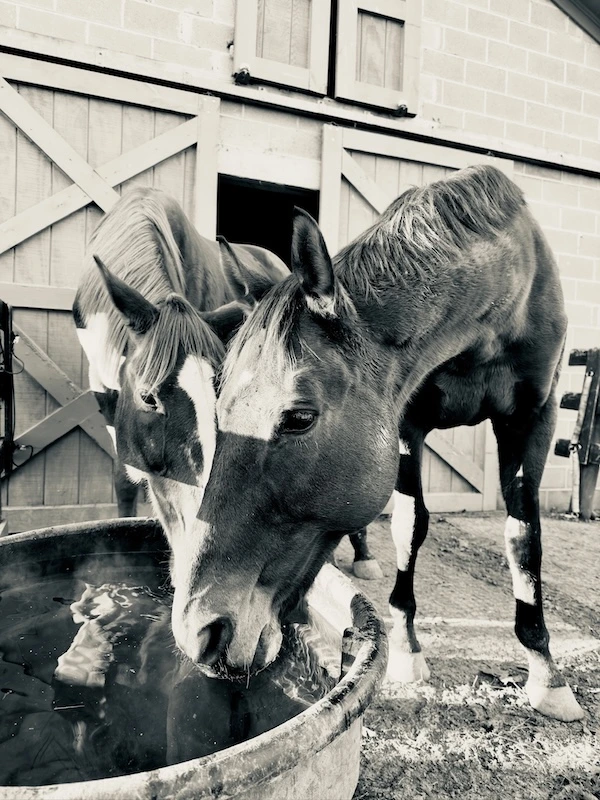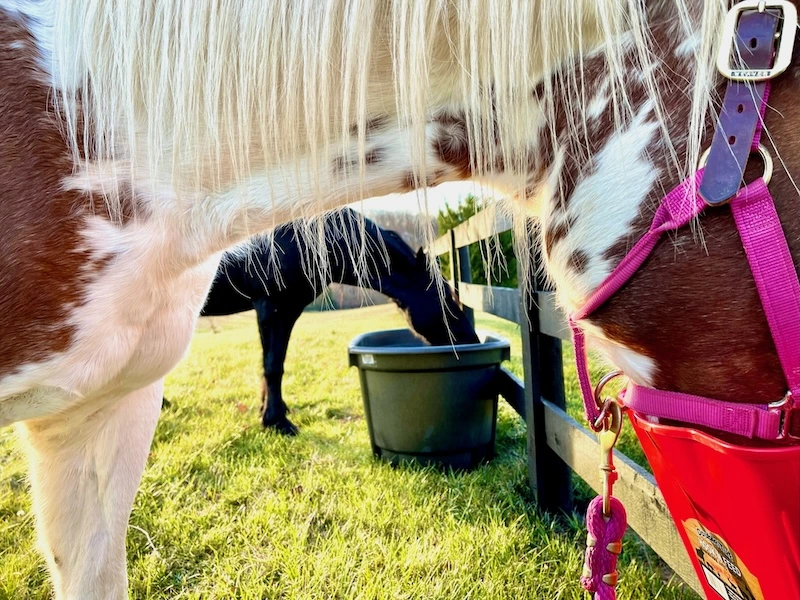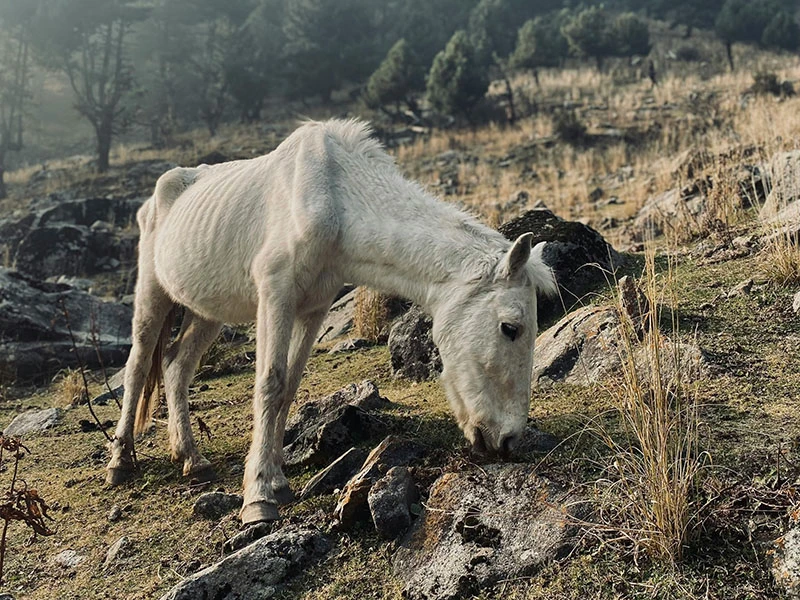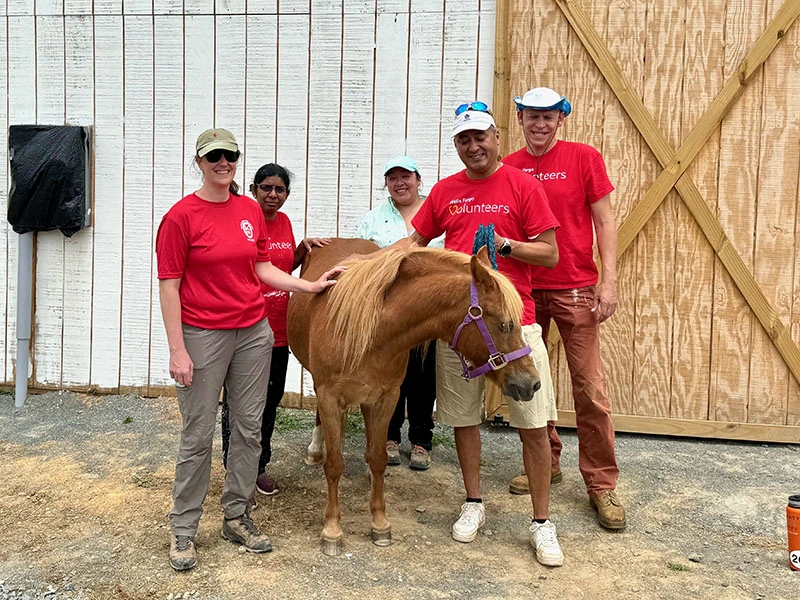Doing Our Part to Educate

Every year in the United States, thousands of horses face neglect, abandonment, or the risk of ending up in unfortunate situations. At Freedom & Whiskey Equine Rescue, we believe that education is a major key to addressing this issue.
The Scale of the Problem
Horse neglect and abandonment is a significant issue across the country. While exact numbers can fluctuate, it’s estimated that tens of thousands of horses are at risk each year. These horses come from various backgrounds:
- Racehorses past their prime
- Privately owned horses whose owners can no longer care for them
- Working horses retired from ranches or farms
- Horses seized in animal cruelty cases
Financial Hardship
One of the primary reasons horses end up in rescue situations is financial hardship. Caring for a horse is a significant commitment, both in time and money. When owners face unexpected financial difficulties, they may be forced to make difficult decisions:
- Selling the horse, sometimes to unsuitable buyers
- Auctioning off the horse, where it may be purchased by kill buyers
- Abandoning the horse in rural areas
- Neglecting the horse’s basic needs due to lack of funds
-
Resources for You
Awareness -
Time, Money, & Love
Committment -
How to Spot Trouble
Recognition -
How You Can Help
Support
Short-term Assistance
If you are a horse owner in Virginia, are you aware and informed about all of the resources, nonprofits, and groups that can assist you, temporarily, through tough financial times? Virginia Partnership for Horses maintains a list of Virginia-centric resources for short-term assistance. Click the button below to visit their site and learn more.

Your Commitment
Buying or rescuing a horse comes with a very significant and important commitment to that animal. For the rest of the animal's life you are committing to provide it a safe and adequate environment, food, medical care, and ample amounts of your time and money. United Horse Coalition has five questions you should ask yourself before considering horse ownership or adoption.

Spotting Trouble
There are several things that can be an indicator of neglect or abuse for horses. Does the horse look healthy and well nourished? Does the horse have access to clean water? Is there adequate shelter from the elements? If you can answer NO! to one or more of these questions, you may be looking at a neglected or abused horse. If you see something, say something. Here is a list of Virginia Animal Control resources by county.

What You Can Do
There are multiple ways that you can help. First, share the information about the groups and resources that are available to help horse owners temporarily in times of need. Second, support local rescues and nonprofits through a donation of your time or money.

